The Turkish presidential election heads for a runoff on May 28th
Turkey's presidential election is headed for a runoff vote according to official results, with President Recep Tayyip Erdogan taking 49.51% of Sunday's vote while his main challenger, Kemal Kilicdaroglu, managed a healthy 44.89%.
More than 64 million Turkish people, including overseas voters, were eligible to vote and nearly 89% participated in the election to choose their next president for a five year term.
As neither secured more than 50% of the vote they will face off in a second round on May 28. This is only the third time that Turks have directly voted for a president, with Erdogan winning both previous elections outright in the first round.
Polls and observers had predicted an advantage, if not an outright victory, for 74 year old Kilicdaroglu. But as the final results from Sunday's election were announced, it became clear 69 year old Erdogan had defied expectations, seizing a majority along with his nationalist coalition partners in Parliament and forcing a second round vote in the presidential race.
A voting observation mission by the Organization for Security and Cooperation in Europe announced that political participation was high and voters had a choice between true political alternatives, but the incumbent president and the ruling parties enjoyed an unjustified advantage, including biased media coverage.
The polls were held during a cost of living crisis that saw inflation peak at 85% in October, and earthquakes in February that killed more than 50,000 people in the country. These factors buoyed opposition hopes of unseating a leader known as "Raiis" or Chief by supporters of the governing Justice and Development Party.
Kilicdaroglu has promised to fix Turkey's faltering economy and restore democratic institutions compromised under Erdogan's rule.
Erdogan, on the other hand, has been extolling the virtues of his long rule, campaigning on a platform of stability, independent foreign policy, and, continuing to bolster Turkey's defense industry.
Recently, he raised the wage of government workers by 45% and lowered their retirement age.
Taking place at the same time as the presidential race was the election of 600 parliamentary deputies, although this was mostly lost in the debate surrounding Erdogan and Kilicdaroglu, and whether either would gather more than 50% of the votes cast and thus avoid a second round.
Turkey’s election is widely considered to be the most important in the world this year as a fight for the future of Turkish democracy and a possible shift in Turkey's influential role on the world stage. Parliamentary and presidential elections took place in Turkey on Sunday.
In the 600 seat parliament Erdogan's Justice and Development Party and its allies secured by far the most seats, 321, while the opposition won 213 and the 66 remaining seats went to a pro Kurdish Alliance.
The elections are crucial to the future of Turkey's battered economy. Also, the vote had been presented as a last chance to stop Erdogan from turning the country into a full blown autocracy.
From 2003 Erdogan served three terms as Prime Minister. In 2014 when he was barred from running again Erdogan stood for the largely ceremonial role of president.
In 2016 he survived a coup, but that only strengthened his grip on power and consolidated his political standing in the country. A year later, he won a referendum that gave him sweeping presidential powers. While Erdogan's grip on the levers of power has brought Turkey close to autocracy, he has made serious economic missteps recently.
He has increased his control of the, theoretically independent, central bank and steadfastly refuses to increase interest rates despite soaring inflation. The people of Turkey have become far poorer and more uncertain of their future as a result,
The government response to the devastating recent earthquake was widely viewed as inadequate in February Erdogan made the tone deaf comment that whatever happens happens, this is part of Fate's plan, however, he has outperformed expectations and appears to be further ahead than was previously predicted.
Kilicdaroglu, a former accountant and bureaucrat and a longtime head of the Republican People's Party, was not a universally popular choice among the opposition.
A Social Democrat, Kilicdaroglu is at the head of a coalition that includes nationalists, who are only supporting him because of their desperation to unseat Erdogan.
He has promised to stand down after a single term, after instituting more conventional economic policies, and, restoring full parliamentary democracy. Kilicdaroglu has pledged to dismantle an executive presidential system narrowly voted in by a 2017 referendum.
The opposition Alliance pledged to restore the independence of both the judiciary and the central bank and to reverse crackdowns on free speech and dissent installed under Erdogan.
Turkey's elections have been billed as the most consequential since its first fair, multiparty polls in 1950, boiling down to a choice between five more years of Erdogan, Turkey's most electorally successful politician, or a new direction under an old party that has reinvented itself in recent years.

Pro-Palestine protest in Paris

EU youth mental health crisis
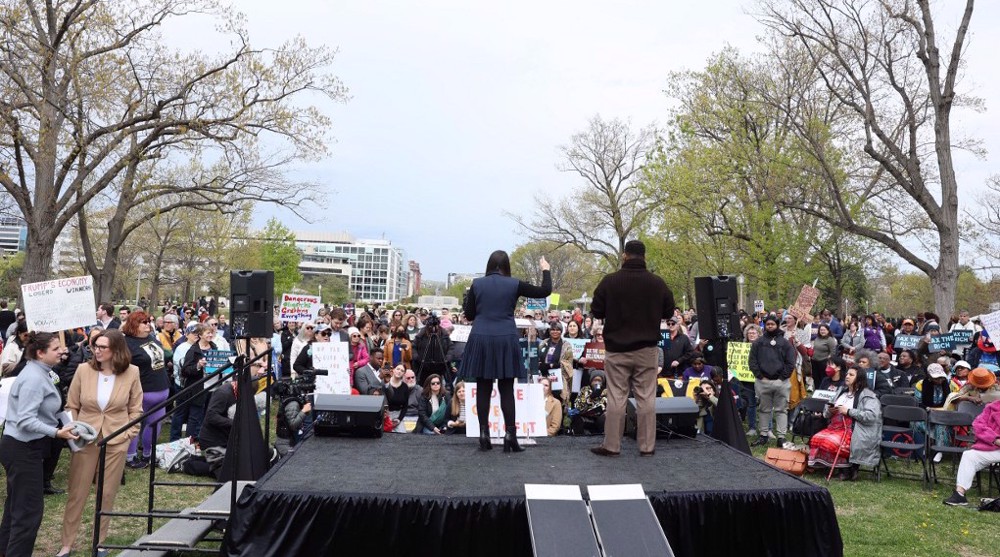
Trump policy protest erupts outside US Congress
Israeli settler attacks, displacements increase in the occupied West Bank: OCHA
Protesters gather in Times Square demanding release of Mahmoud Khalil
Yale's decision to terminate Dr. Helyeh Doutaghi aimed to silence anti-genocide voices: Activists
Iran’s aluminum output down by nearly 5% in year to March
Missiles fired from Yemen triggers sirens in Israeli-occupied territories, closes airport
Iran condemns terror attack in southeast that killed 8 Pakistani nationals
Deir al-Balah massacre: Israeli airstrikes killed 6 brothers at once
Iran currency surges on positive news from Iran-US talks


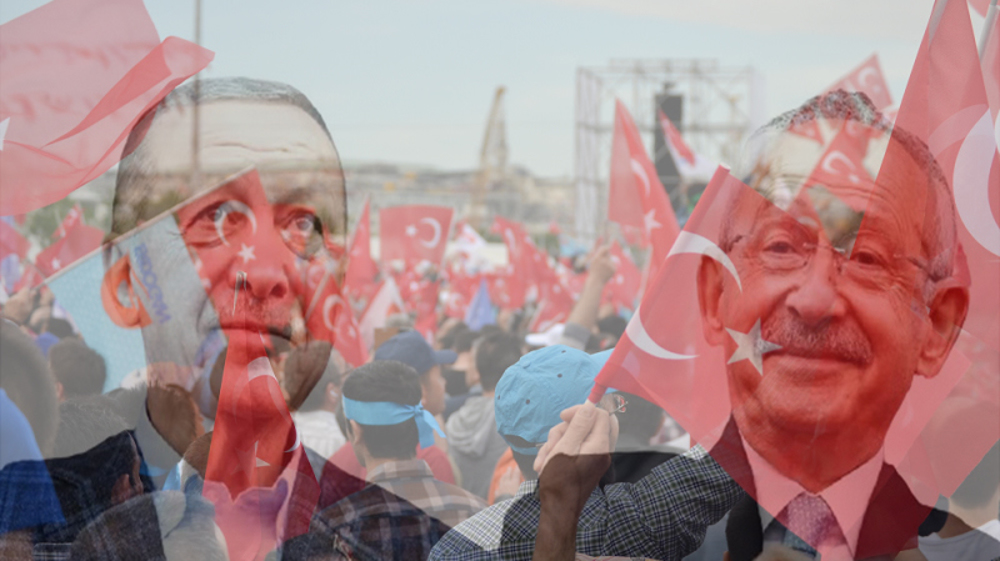
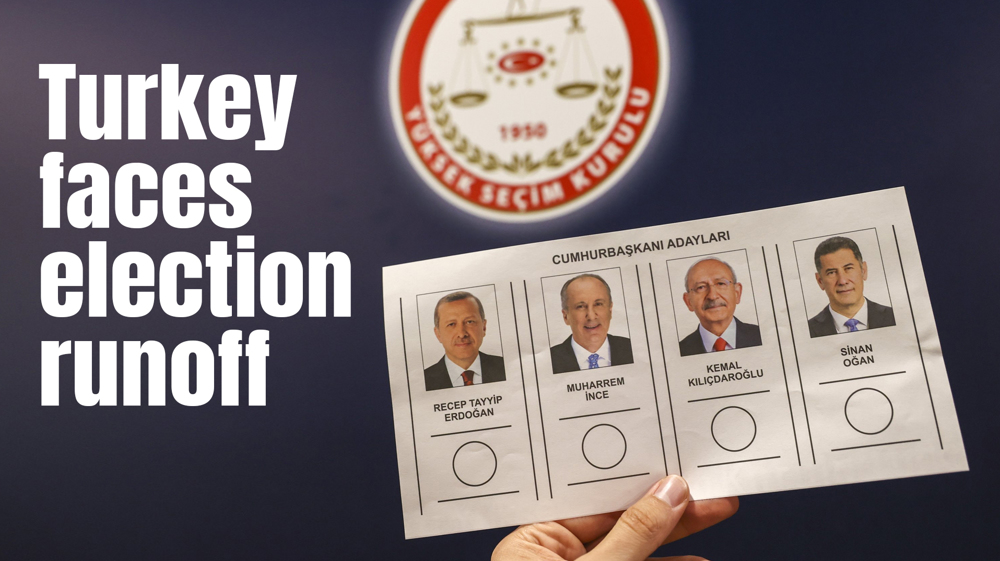
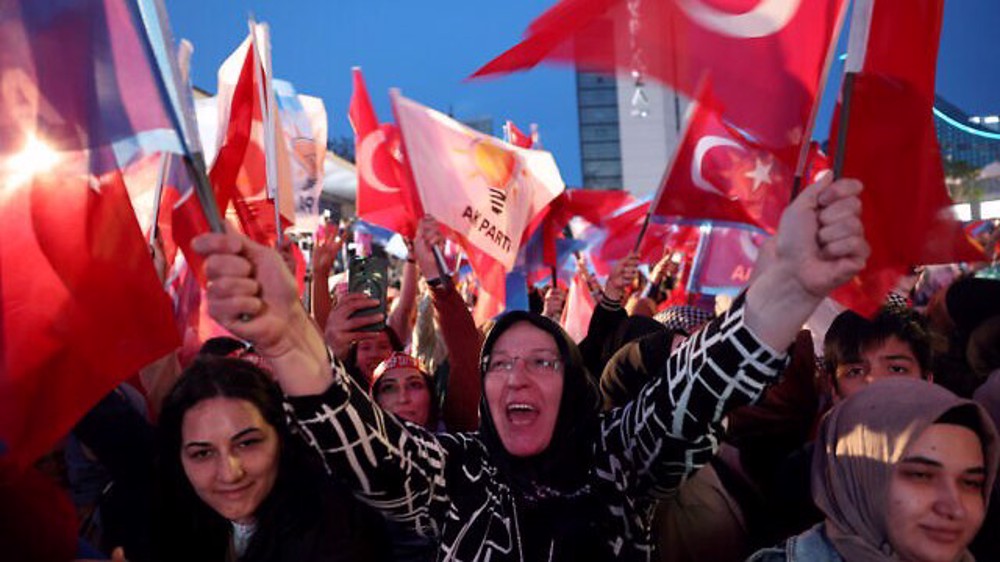
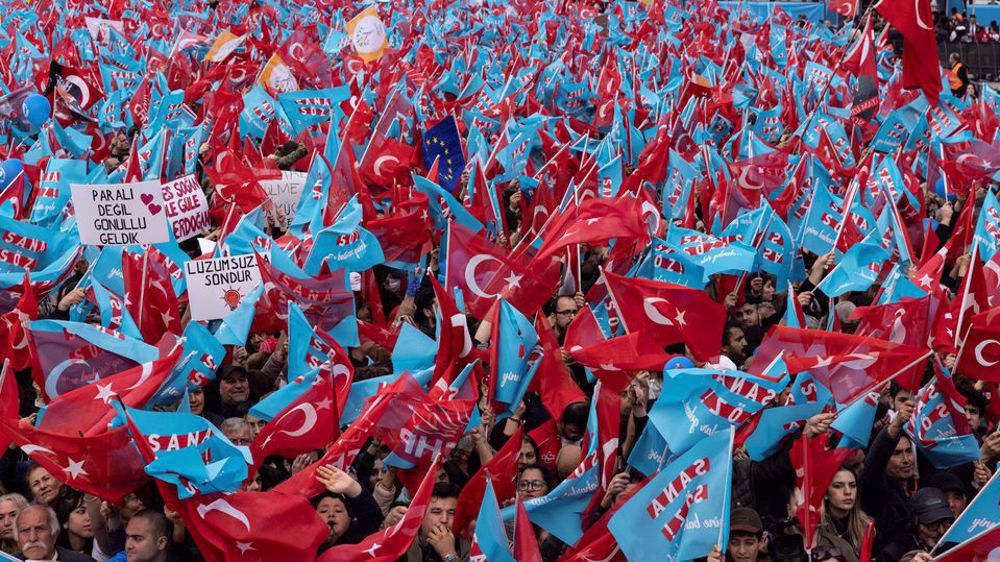
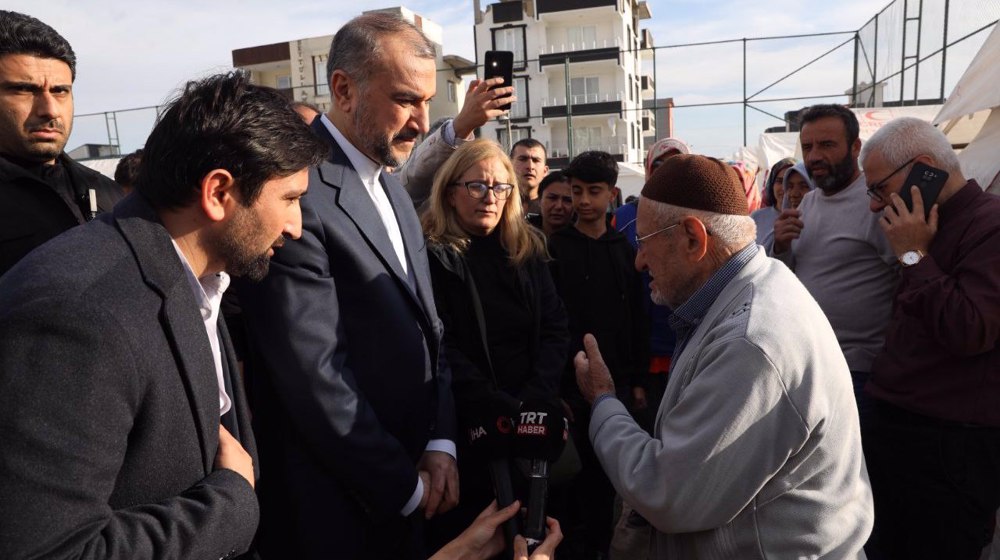
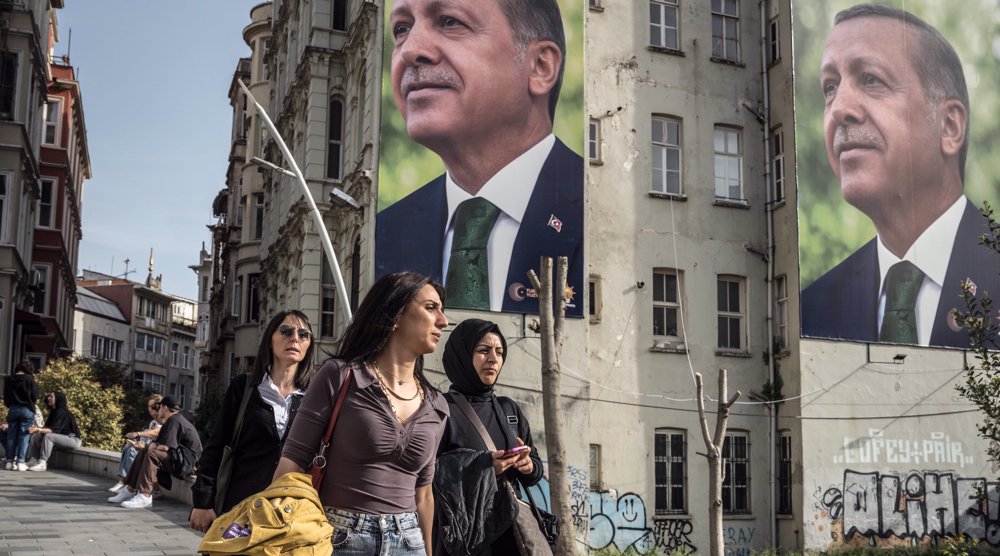
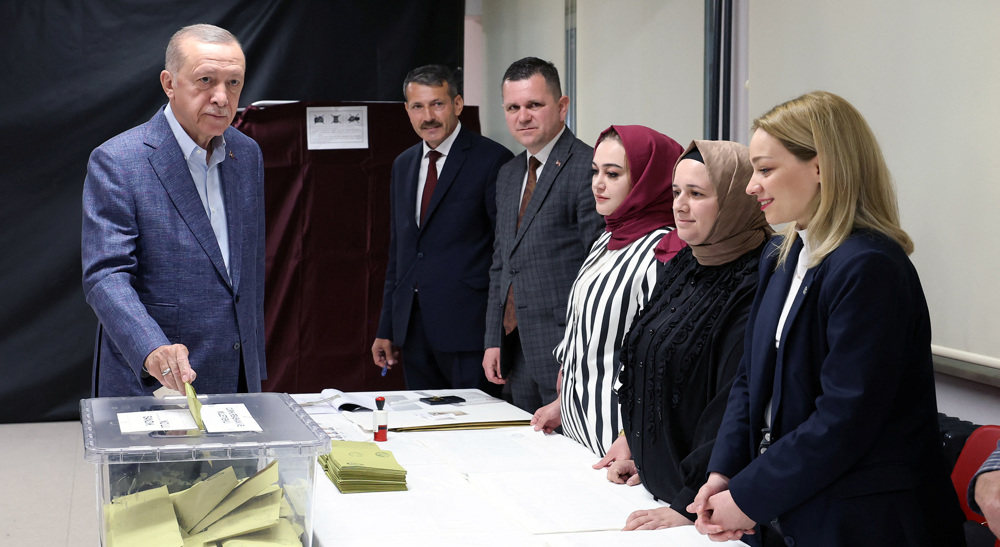



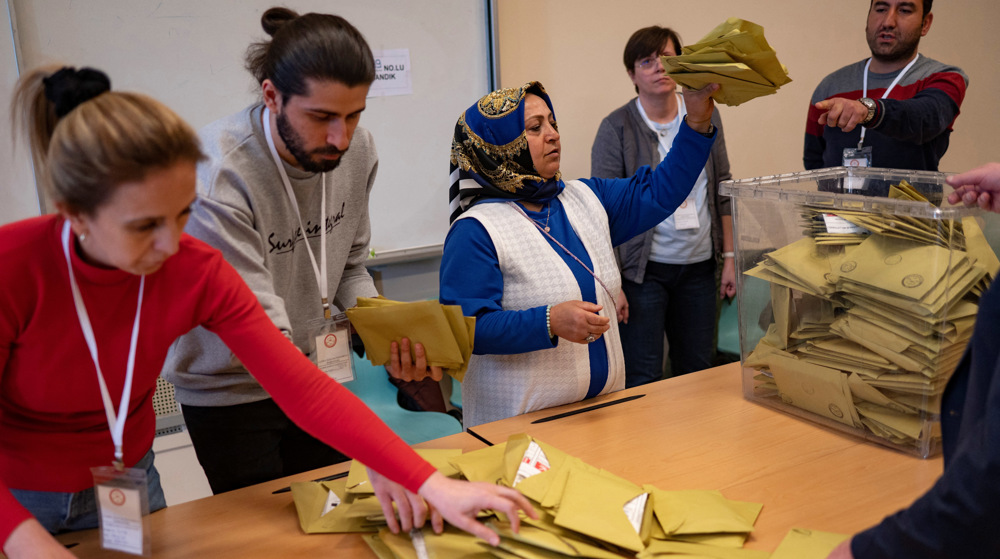

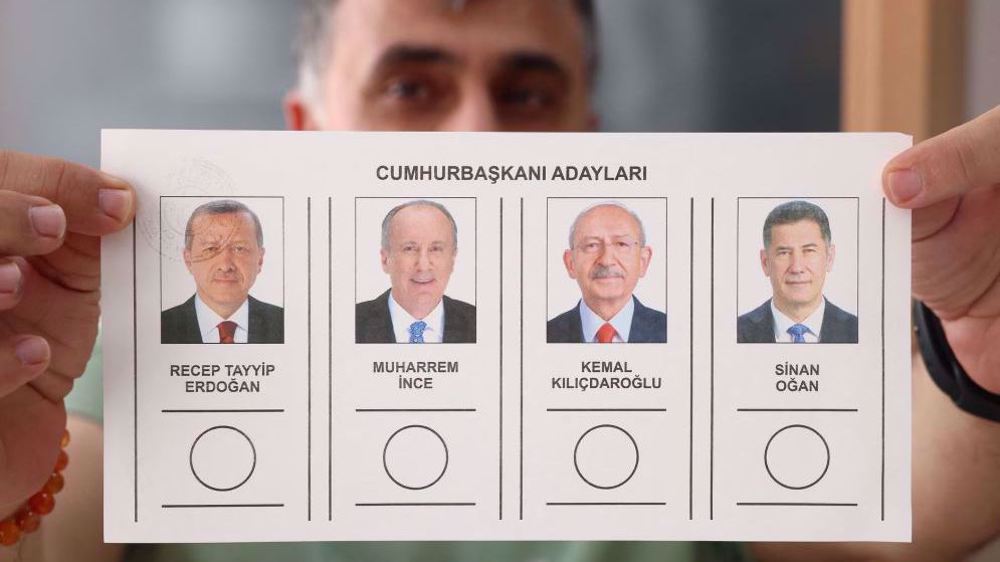
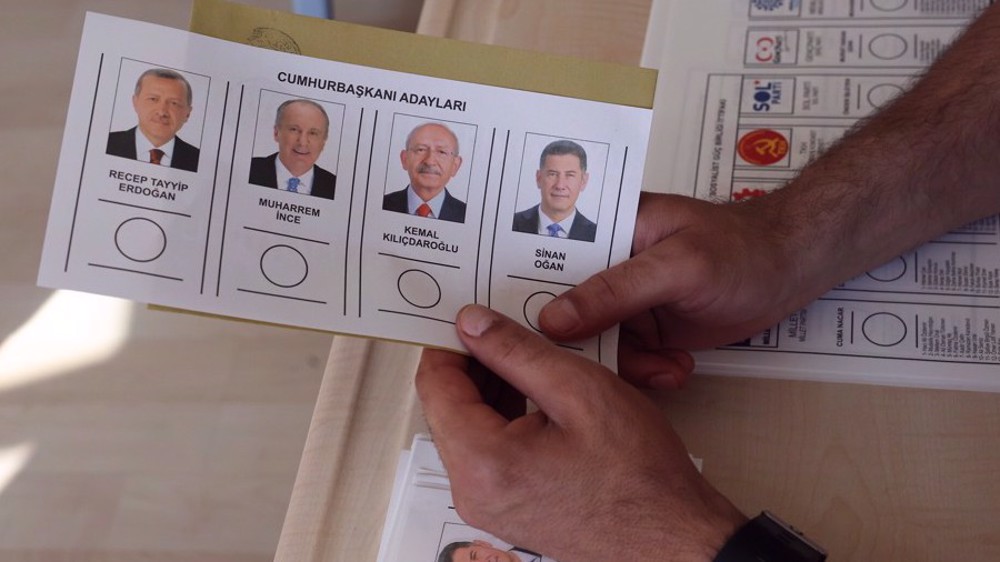
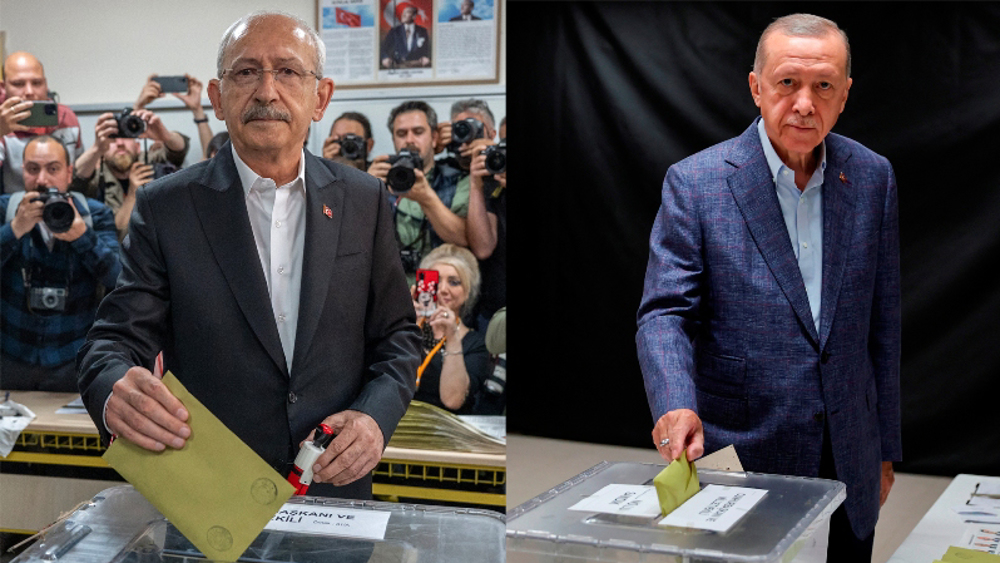
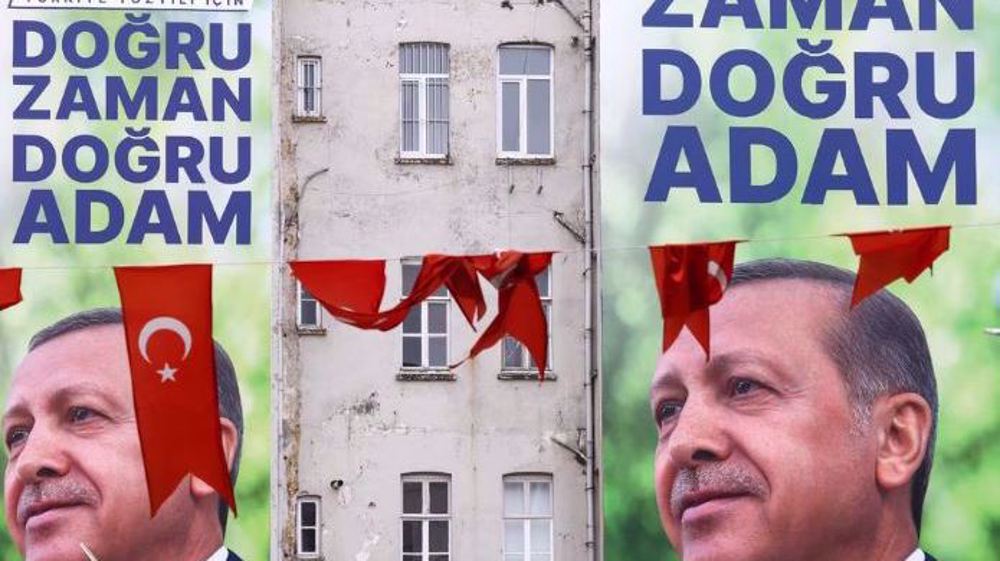
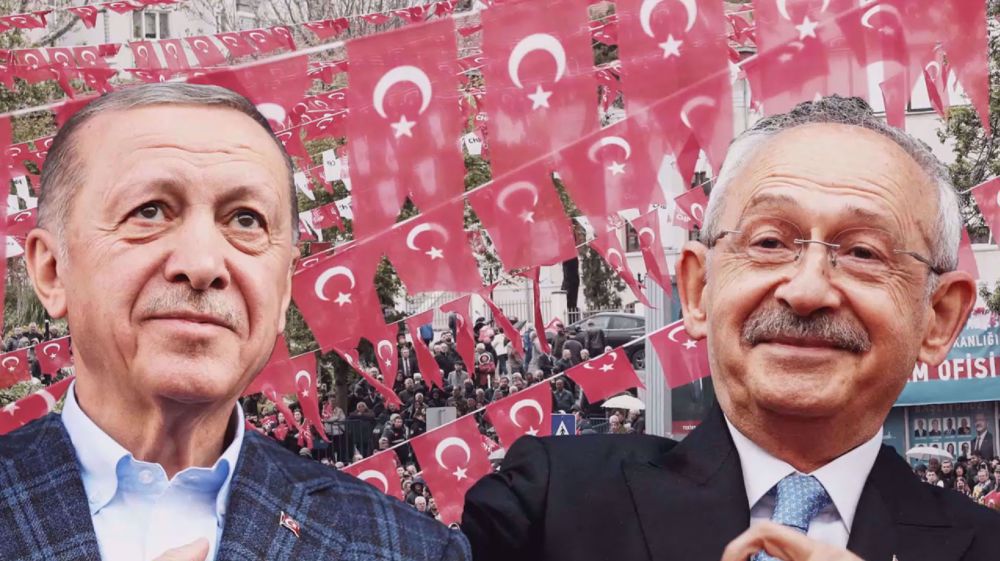
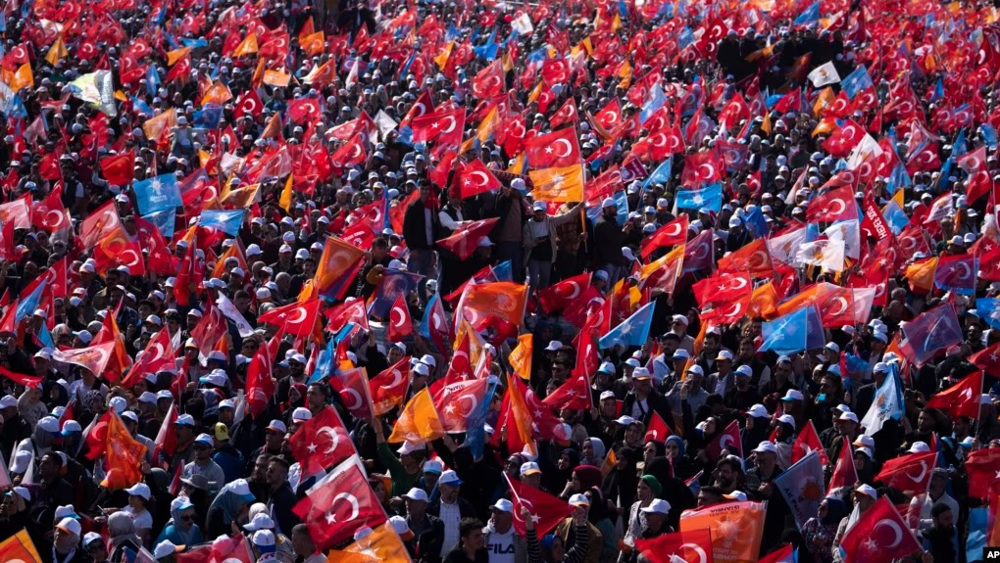

 This makes it easy to access the Press TV website
This makes it easy to access the Press TV website